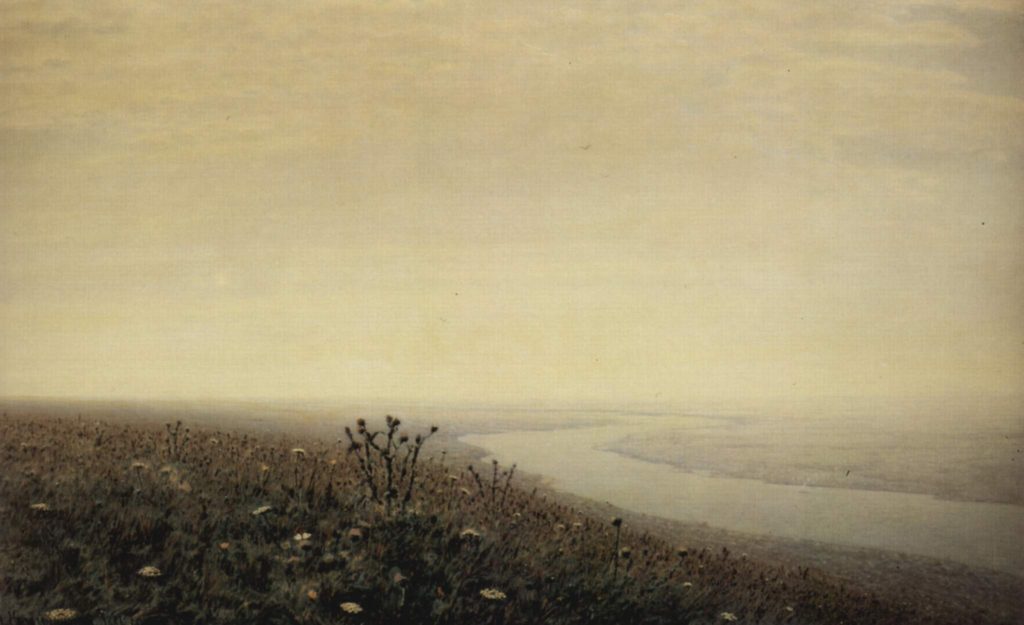M: The danger in the election – if it makes sense to talk about danger in an election – was the national socialist from Vermont, not the victorious real estate developer. The Vermont senator had spokesmen for the Venezuelan regime speak at his rallies. I’m glad he didn’t win. The guy who did win has been interesting. He’s drawn the intelligence agencies into the open. Through incompetence, strategy, or foolhardiness, I’m not sure. Now spies are at the center of politics. It’s like a dramatic performance of Debord’s Comments: “The general conspiracy has become so dense that it is almost out in the open, each of its branches starts to hinder or trouble the others, because all these professional conspirators are spying on each other without exactly knowing why, or encounter each other by chance, yet without recognizing each other with certainty…”
W: It does not make sense to talk about danger in an election or to talk about an election at all. You get caught up in politics, and I worry that your critical detachment is not as detached as you make it out to be. You follow these things too closely. What a terrible trap, to be stuck in the present, especially at such a lonely time. You roll your eyes at me when I say this, but it was only yesterday that Alcibiades led the Sicilian expedition and Abraham walked Isaac up the mountain. Breton is right; we’re still living off the poetic ideas of the first men. What is an election? Not even a moment. I want to live as long as a stone – not forever, but for a very long time. I want to be a stone on Mt. Moriah. And here you worry yourself with the ‘danger’ in an election, in something less than a moment.
M: I don’t disagree with you, if what you’ve said can be agreed or disagreed with, but I can’t help myself. I can’t just think about rivers and stones and mountains and poems. What you call ‘less than a moment’ is inescapable, especially since the birth of my daughter. At her birth, the catchphrase ‘live in the moment’ was made flesh.
W: There was a Hasidic rebbe who told his followers to ‘live with the times’. They didn’t know what he meant. Did he want them to adopt a modern way of life? Change how they dressed? Stop praying so much? Surely not. Finally, they arrived at an interpretation. ‘Live with the times’ meant every day to keep in mind the Torah portion for that week. I understand ‘live in the moment’ in a similar way. Our moment stretches back at least to the 17th century.
M: I don’t know. There was a time when we competed for the most radical negation. I’m against work! So? I’m against friendship! Well, I’m against love! Then I’m against happiness! And I’m against time! I-I-I’m against language! I’m against thinking! Until finally we were against nothing because we opposed opposition itself (on simple grounds: opposition cleaves one to the opposed object). Negation did not negate enough. And at the end of that, I was left dissatisfied and lonely. Why did we go through it? What did we hope to achieve? Less than nothing? Now I want to affirm, to say yes, to accept, to embrace, to create, like those poetic first men…
W: But you cannot will yourself authentic creation any more than you can will a community into place.
M: I used to think that was true, but great works have always been self-conscious. Introspection is not a new problem in art. Virgil knew exactly what he was doing.
W: You think this because you see history as a single line, not a series of cycles. Virgil is like Joyce, greatness after the game is up. After that game is up. Then another cycle begins somewhere else.
M: What does that have to do with the stone and the moment?
